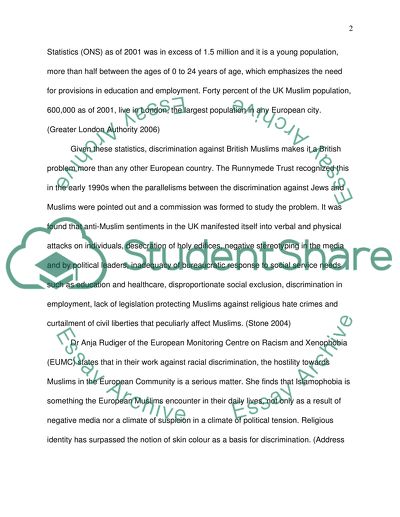Cite this document
(“Religious discriminationEmployment Essay Example | Topics and Well Written Essays - 5000 words”, n.d.)
Religious discriminationEmployment Essay Example | Topics and Well Written Essays - 5000 words. Retrieved from https://studentshare.org/sociology/1511232-religious-discriminationemployment
Religious discriminationEmployment Essay Example | Topics and Well Written Essays - 5000 words. Retrieved from https://studentshare.org/sociology/1511232-religious-discriminationemployment
(Religious DiscriminationEmployment Essay Example | Topics and Well Written Essays - 5000 Words)
Religious DiscriminationEmployment Essay Example | Topics and Well Written Essays - 5000 Words. https://studentshare.org/sociology/1511232-religious-discriminationemployment.
Religious DiscriminationEmployment Essay Example | Topics and Well Written Essays - 5000 Words. https://studentshare.org/sociology/1511232-religious-discriminationemployment.
“Religious DiscriminationEmployment Essay Example | Topics and Well Written Essays - 5000 Words”, n.d. https://studentshare.org/sociology/1511232-religious-discriminationemployment.


